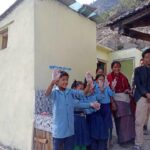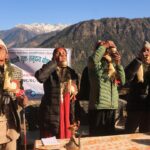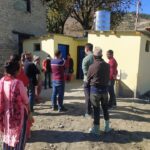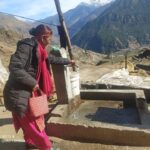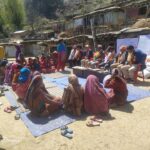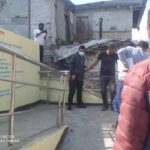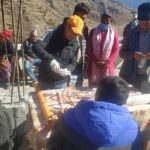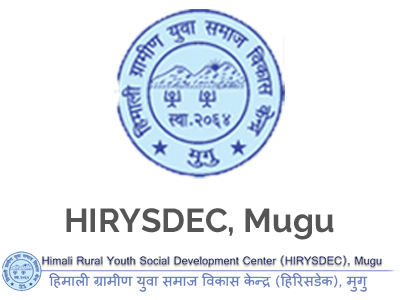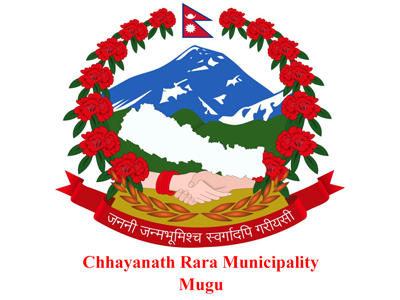Chhayanath Rara Municipality, Mugu
ASSISTANCE FOR DISABILITY-INCLUSIVE WASH IN SCHOOLS
Support of the WASH supply

Place
Chhayanath Rara Municipality,
District Mugu

Who
Chay Ya Nepal,
Chhayanath Rara Municipality

Partners
UNICEF Nepal,
HIRYSDEC

When
2020 - 2022

For
5797 students at 26 schools,
3322 people in "safe water" communities

Status
Beendet und in Betrieb
Project
The School Sector Development Plan (SSDP) 2016-2023 highlighted that the lack of disability-friendly WASH facilities is one of the major barriers for children with disabilities to enroll and remain in school. Likewise, the Model School Development and Implementation Directory 2074 of Nepal includes WASH as a key indicator for inclusive schools. School WASH facilities should be child, gender and environment friendly and disability inclusive in line with the Sustainable Development Goals (SDGs) and the Convention of Right of Persons with Disabilities (CRPD).
Unfortunately, many WASH facilities in Nepal remain non-operational and non-functional. Approximately one fifth of schools lack access to basic WASH facilities and many others lack access to accessible and gender sensitive services, which affects the enrolment of children with disabilities at schools. Poor and inaccessible water and sanitation facilities can lead to risk of injuries, abuse and exploitation of children with disabilities.
It is in this context, that the disability inclusive WASH in schools project was initiated. The aim is to equip the government and non-government stakeholders with the necessary knowledge and tools for reviewing the existing practices of inclusiveness in school and promote designs for disability-friendly WASH infrastructures and implement them in 26 selected schools of Karnali Province. Thus, training and workshops were held in all 14 wards and various WASH facilities could be upgraded in the process. Locals were taught how to test the water quality and chlorinate contaminated water using simple kits. The WASH facilities in 26 schools could already be improved and are aiming to reach the 3-star standard with the help of designated plans which were developed together. Additionally, menstrual hygiene training was offered including instructions on how to produce reusable sanitary pads.
Thus, awareness and hygiene behavior could be improved, and the necessary stakeholders now have the capacity to further upgrade local WASH facilities. In addition to schools, 6 municipalities were also supported in drawing up and implementing “safe water” plans.


